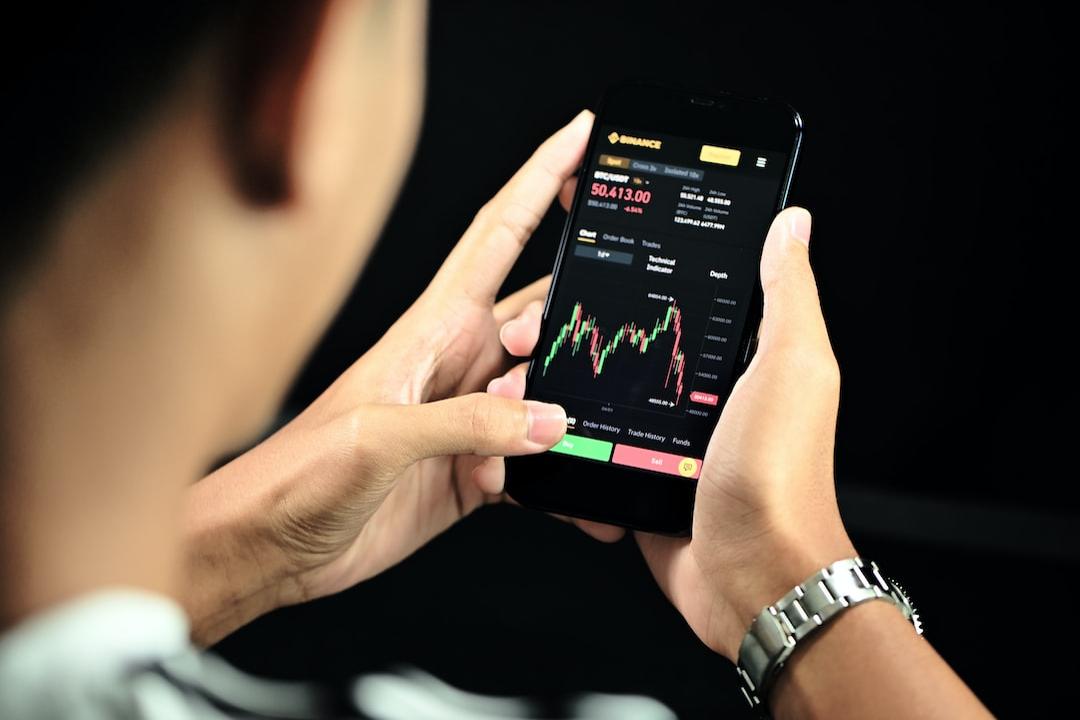The largest bank in the world, China’s ICBC, has stated that Bitcoin’s status as an asset is steadily growing and now rivals gold, thanks to its cryptographic scarcity mechanism. Alongside, Ethereum is compared to digital oil, providing the technical power for the digital future, while CBDCs are emerging to digitize central bank money and modernize cross-border transfers.
Despite the Chinese government’s negative stance on cryptocurrencies, ICBC, China’s largest bank with $6.3 trillion in assets under management, recently praised Bitcoin and Ethereum in an analysis of digital assets. ICBC highlighted Bitcoin’s similarities to gold in terms of scarcity, solved by mathematical consensus, but noted that it is gradually losing its monetary attributes due to high fees and slow transactions, making it unsuitable for mass adoption.
Ethereum, on the other hand, has solidified its position as the foundation for decentralized applications, with ICBC describing it as the “digital gold.” The bank emphasized Ethereum’s continuous technological upgrades in security, scalability, and sustainability, providing the necessary technical capabilities for the digital future. Ethereum’s ability to deploy complex smart contracts and dApps has established its relevance in innovative fields like NFTs and DeFi.
ICBC also acknowledged Ethereum’s efforts to enhance its network, including the transition to proof of stake to improve scaling and reduce energy costs, as well as the development of Layer 2 networks to increase network capacity without overwhelming existing nodes. Despite a recent dip in price, Ethereum trades at $3,530, with analysts still predicting a potential surge to $100,000 this month.
In conclusion, ICBC’s analysis underscores the evolving nature of digital assets like Bitcoin and Ethereum, highlighting their growing importance in the global financial landscape.

